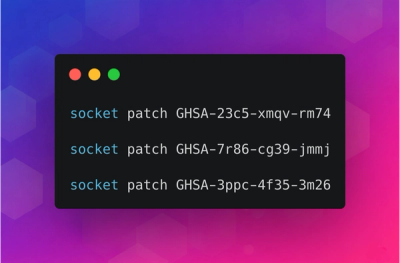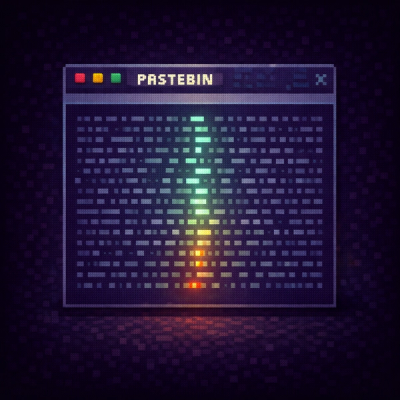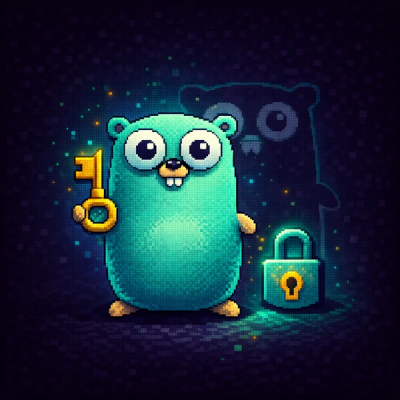
Security News
minimatch Patches 3 High-Severity ReDoS Vulnerabilities
minimatch patched three high-severity ReDoS vulnerabilities that can stall the Node.js event loop, and Socket has released free certified patches.
Summarize package information
const sumUp = require('sum-up');
console.log(sumUp(require('./package.json')));

It helps your CLI tool to display information with --help flag.
npm install sum-up
const sumUp = require('sum-up');
pkgData: Object
option: Object
Return: string
It joins the name, version, homepage and description properties (all is optional) of the first argument into a string colorized with ANSI escape code.
Type: boolean
Default: true if the environment supports colors, otherwise false
false omits all ANSI escape code from the string.
const data = {
name: 'cli-name',
version: '0.6.11',
description: 'My CLI tool.'
}
sumUp(data); //=> '\u001b[36mcli-name\u001b[39m \u001b[90mv0.6.11\u001b[39m\nMy CLI tool.'
sumUp(data, {color: false}); //=> 'cli-name v0.6.11\nMy CLI tool.'
ISC License © 2017 Shinnosuke Watanabe
FAQs
Summarize package information
We found that sum-up demonstrated a not healthy version release cadence and project activity because the last version was released a year ago. It has 1 open source maintainer collaborating on the project.
Did you know?

Socket for GitHub automatically highlights issues in each pull request and monitors the health of all your open source dependencies. Discover the contents of your packages and block harmful activity before you install or update your dependencies.

Security News
minimatch patched three high-severity ReDoS vulnerabilities that can stall the Node.js event loop, and Socket has released free certified patches.

Research
/Security News
Socket uncovered 26 malicious npm packages tied to North Korea's Contagious Interview campaign, retrieving a live 9-module infostealer and RAT from the adversary's C2.

Research
An impersonated golang.org/x/crypto clone exfiltrates passwords, executes a remote shell stager, and delivers a Rekoobe backdoor on Linux.